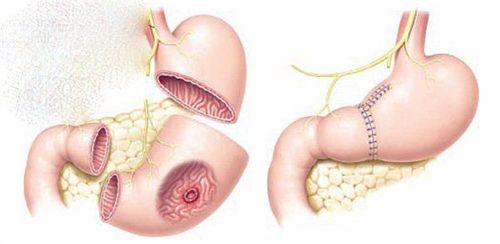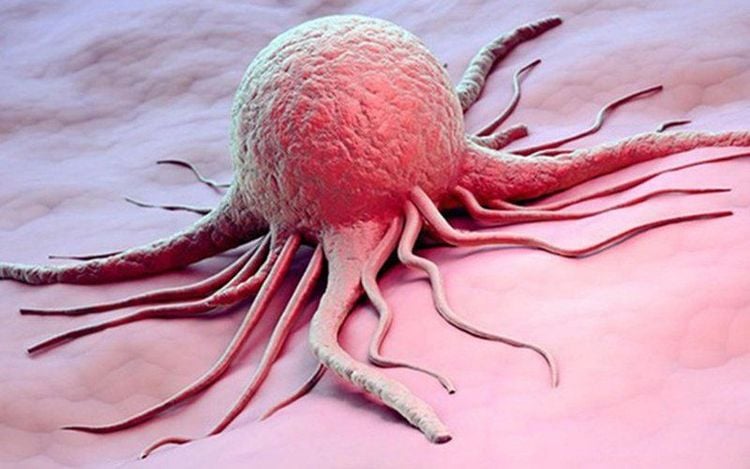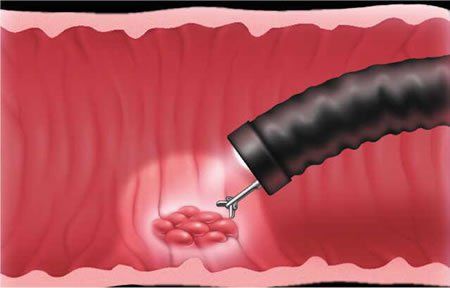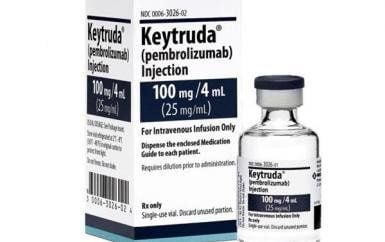This is an automatically translated article.
Laparoscopic gastrectomy is indicated for gastric malignancies accompanied by lymph node dissection. This method is now widely practiced and gradually replaces traditional surgery.
1. What is laparoscopic 3⁄4 gastrectomy?
Laparoscopic gastrectomy is a surgical method, endoscopically applied to cut 3⁄4 of the stomach to treat gastric malignancies (stomach cancer) accompanied by curettage. lymph node dissection.
In laparoscopic 3⁄4 gastrectomy, the stomach is removed most of the lower side, including the antrum and body (the organs responsible for secreting and crushing food), to ensure The cancer is completely removed, at the same time, the blood vessels are removed close to the root and the lymph nodes are dredged.

Cắt 3/4 đoạn dạ dày bao gồm phần lớn hang vị và thân vị
2. Laparoscopic surgery to remove 3⁄4 of the stomach is indicated in which cases?
Indications of laparoscopic 3⁄4 gastrectomy include:
Cancer of the antrum of the stomach. Cancer in the lesser curvature of the stomach (but not beyond the lesser curvature). Other cancers are in the lower part of the stomach. Pyloric stenosis, gastric bleeding due to low-grade gastric cancer and the possibility of laparoscopic surgery.
3. What are the contraindications for laparoscopic 3⁄4 gastrectomy?
Laparoscopic gastric bypass surgery is not indicated for the following cases:
The patient does not meet the conditions of anesthesia resuscitation for laparoscopic surgery. The tumor is too large (over 5 cm), or the cancer is already at stage T4b. The location of the tumor was high above the small curvature of the stomach without biopsy in surgical examination of the gastrectomy area. The patient refused laparoscopic surgery to remove 3⁄4 of the stomach.

Khối u quá lớn không thể tiến hành phẫu thuật cắt dạ dày
4. Before conducting laparoscopic surgery to remove 3/4 of the stomach, patients need to prepare what?
Before laparoscopic surgery to remove 3/4 of the stomach is carried out, the patient needs to complete the following preparations:
The patient is explained and consulted by the doctor in detail about his condition, method Laparoscopic surgery to remove 3/4 of the stomach. The patient consented to the surgery. The patient is completed the necessary examinations and tests. Before surgery, the patient fasted completely and was thoroughly cleaned.
5. Possible risks and complications for laparoscopic 3⁄4 gastrectomy
As a surgical surgery, laparoscopic 3⁄4 gastrectomy in the treatment of gastric cancer has certain risks and complications, including:
Damage to blood vessels, acute blood loss during surgery art. Injury to the colon. Respiratory failure . Infection after surgery. Early intestinal obstruction after surgery.

Điều trị ung thư dạ dày tiềm ẩn nhiều tai biến nhất định
6. Monitoring and taking care of patients after laparoscopic 3⁄4 gastrectomy
After successful laparoscopic gastric bypass surgery, patients should be monitored and taken care of the following issues:
Monitor complications of anesthesia. Monitoring of surgical complications: Postoperative bleeding, fistula fistula, postoperative infection, early bowel obstruction. Follow up on pathological results (of surgical specimens). Clean and change wound dressings. Use antibiotics and pain relievers for patients as prescribed by the doctor. Give the patient complete parenteral nutrition until there are signs of surgical safety and the gastrointestinal tract recovers. At Vinmec International General Hospital, with a team of experienced doctors and a system of modern medical equipment, it ensures complete sterility to meet strict standards for applying laparoscopic surgery. Gastrectomy combined with lymph node dissection in the treatment of diseases related to the stomach and duodenum.
To register for examination and treatment at Vinmec International General Hospital, you can contact Vinmec Health System nationwide, or register online HERE.













